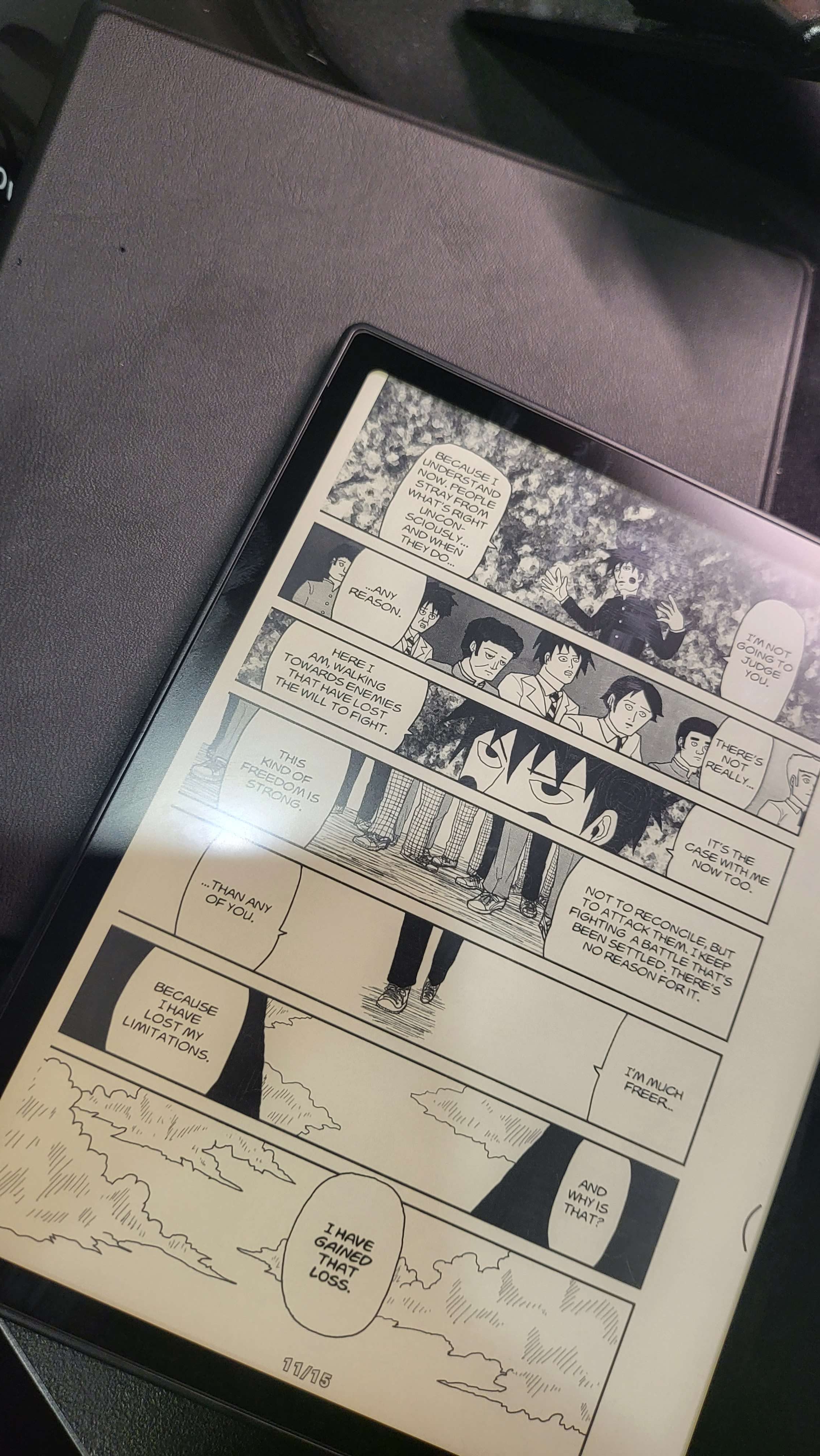How do you guys read books that you don't feel like reading?
I consider myself a decent reader. If I'm very interested in a book, I'm able to stay up all night, reading it as much as I can until I feel like if I read anymore I'll get fired for sleeping on the job. I love to read fantasy books, but usually most interesting fiction books are able to keep my attention.
The trouble I've got is with non-fiction books. Books that are talked about as "must reads". Books like Sapiens, The Selfish Gene, Pale Blue Dot, or any textbook/technical documentation. I've tried again and again to read non-fiction books. Breaking it up into smaller chunks, listening to them as audiobooks, or just slogging through it page by page. But nothing seems to stick in my head if I grind through them.
Now, before you go "Hey naznsan, just don't! Life is too short to read books you don't want to read!", the thing is, I want to read these books. Some of them explain things I'm decently interested in. Some of them I have to read for work/education. I just seem to have trouble either focusing, staying motivated, or retaining any information in such books.
So does anyone have any tips or suggestions on how I could read such non-fiction books like I read my fiction? Or am I doomed to just slog through page by page, relying on my notes to do all the remembering?

I've Obsidian Sync set up so that my Obsidian vault is synced across all my devices. I don't do much input into my vault on the Page, but mainly use it to view notes I've already written, or to keep my TODO list open while I do other things throughout the day.